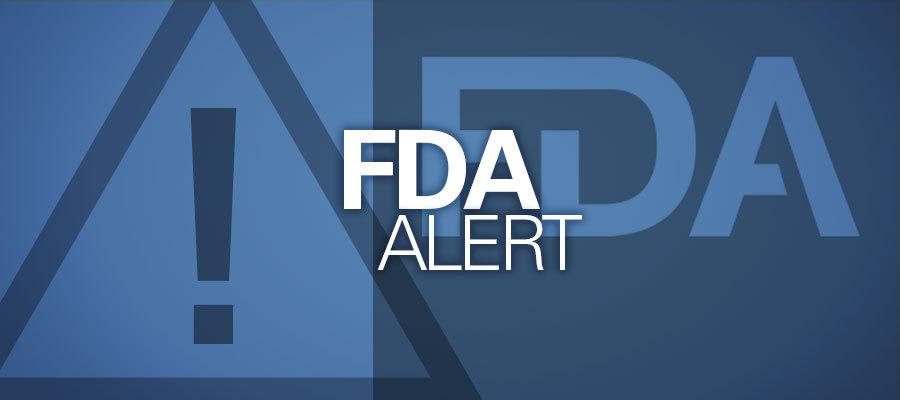FDA Alerts Providers to Safety Risks Associated with Cesium Chloride

The Food and Drug Administration today alerted health care providers to safety risks associated with cesium chloride, a mineral salt sometimes taken by cancer patients who seek alternative treatments. Reported adverse events included QT prolongation (a dangerous abnormality that can impair the heart’s ability to maintain a normal rhythm), low potassium, seizures, potentially lethal arrhythmias, fainting, cardiac arrest and death. FDA also said it intends to move cesium chloride to the category of substances that present significant safety risks in compounding.
Related News Articles
Headline
The Centers for Disease Control and Prevention Feb. 26 announced that an infant botulism outbreak that sickened 48 babies who consumed ByHeart formula is over…
Headline
The measles outbreak in South Carolina has increased to 876 cases, the state’s Department of Public Health reported Feb. 3. Last week, the South Carolina…
Headline
Thomas McGinn, M.D., senior executive vice president and chief physician executive officer at CommonSpirit Health, shares how the organization aligns…
Headline
The Centers for Disease Control and Prevention released its annual progress report on health care-associated infections Jan. 29, which found continued…
Headline
Two AHA guides offer strategies for hospitals and health systems in preparing for public health emergencies and disasters and managing cybersecurity incidents…
Headline
Stephanie Calcasola, R.N., chief quality officer and vice president of quality and safety at Hartford HealthCare, unpacks the programs, technology and cultural…

